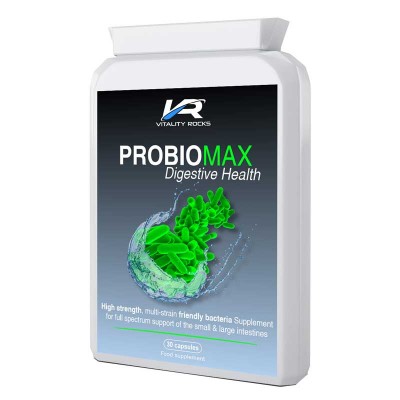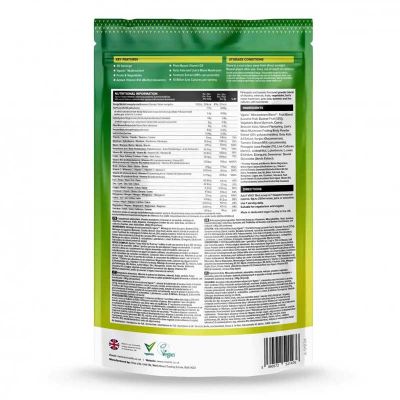Digestive Health
Digestive Health
Digestive problems plague many of us at some time or another and the NHS website reports that 4 in 10 of us will have one digestive symptom at any one time. For some people, digestive problems can dominate lives and become very debilitating.
Diarrhoea and Constipation are probably the two most common digestive problems that many of us have suffered, along with more chronic conditions like Irritable Bowel Syndrome (IBS), Inflammatory Bowel Disease (IBD) and Gastroesophageal Reflux Disease (GERD).
Most digestive issues start due to the inability to fully break down the foods that we eat; as our system gets sluggish and tired then our guts let bacteria break down the food. We produce less digestive enzymes and secretions as our gut works less efficiently leading to rotting, poorly digested food lying around in our digestive systems.
Symptoms of poor digestive health can be abdominal discomfort, gas, bloating, heartburn, weight gain and hormonal imbalances. When these symptoms continue untreated they may lead to the more chronic conditions of IBS and IBD and GERD.
What are the main causes of poor digestive health?
Factors that contribute to digestive problems might be stress, poor diet, overindulgence of rich foods, certain types of food may not agree with us, medication, some conditions that cause inability to metabolise nutrients in the body, poor mastication technique (chewing), low stomach acid, poor enzymes or bile production, high bacterial growth. Inadequate fluids or fibre intake may lead to constipation.
There are several warning signs that something more serious is affecting the digestive system like sudden dramatic changes to bowel habits, nausea and or vomiting, weight loss, severe pain or indigestion, swallowing problems or bleeding from the bowel. These should be checked out by the GP. And of course, if general digestive problems persist then advice of a doctor would be indicated.
However, prevention is key and there are many ways to improve digestion and reduce the risk of developing any chronic digestive conditions:
Diet and lifestyle are major factors that cause poor digestive health so taking some time to identify any triggers is invaluable. This may require elimination of certain foods or drinks, eating more slowly, chewing more completely, exercising to increase metabolism and lose weight if needed and eating a generally more healthy diet. Eating a lighter meal earlier in the evening and elevating the head of the bed may help reduce the discomfort of heartburn.
Many people consider taking a high strength probiotic when they begin to experience digestive problems, and also before travelling abroad or after being on antibiotics. However it may be beneficial to consider using Probiotics to prevent poor digestion and maintain a healthy gut going forward.








.jpg)
.jpg)
.jpg)

.jpg)
.jpg)
.jpg)



